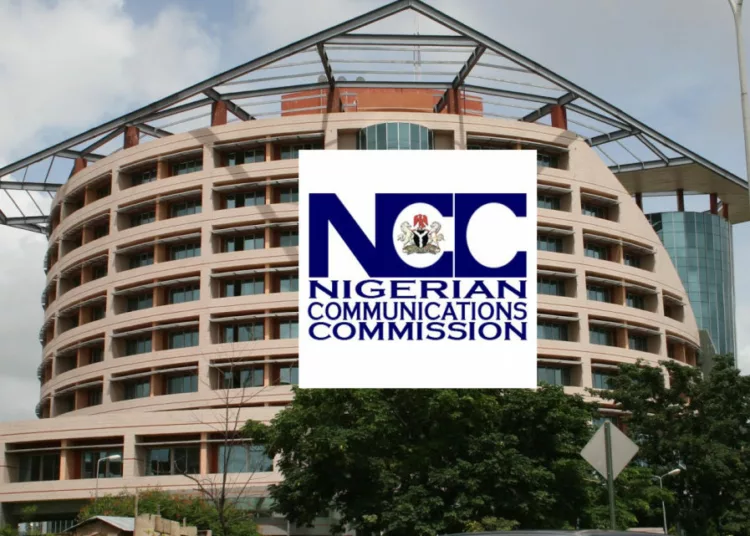Nigeria’s telecommunications sector has witnessed a surge in data consumption, recording 1.04 million terabytes, even as the number of active internet and mobile subscriptions declined, the Nigerian Communications Commission (NCC) latest report revealed.
The report disclosed that the country recorded its highest monthly data usage since January 2023, when the regulator began publishing such data.
This represents an increase from the 983,283 terabytes used in April and surpasses the previous peak of 1 million terabytes recorded in January 2025.
However, while Nigerians consumed more data, the total number of internet subscriptions across all platforms, including mobile, fixed, ISPs, and VoIP, dropped to 141.5 million, down from 141.9 million in April.
The decline coincides with a 50 percent data price increase implemented by all mobile network operators, leading many users to either reduce usage or disconnect altogether.
Mobile Network Operators (MNOs), who dominate the internet access space, bore the brunt of the subscription loss. For instance, subscriptions on MTN, Airtel, Globacom, and 9mobile declined from 141.4 million to 141 million within the month.
The same pattern was observed in total active mobile subscriptions, which also dipped slightly from 172.6 million to 172.4 million.
The decline was driven primarily by MTN and 9mobile. MTN, despite remaining the largest operator, lost 258,313 active lines, reducing its total to 90.2 million. 9mobile, which recently inked a major infrastructure-sharing deal with MTN, saw a loss of 291,214 subscriptions, bringing its base down to 2.6 million.
In contrast, Airtel gained 342,597 new subscriptions, increasing its user base to 58.9 million, while Globacom’s subscriber count remained unchanged at 20.6 million.
As of May, MTN maintained a 52.33 percent market share, followed by Airtel at 34.17 per cent, Globacom at 11.96 per cent, and 9mobile at just 1.55 per cent. These shifts impacted the country’s teledensity, which measures the number of active phone lines per 100 inhabitants, causing it to fall from 79.78 per cent in April to 79.65 per cent in May, based on a projected national population of 216 million.
Despite the dip in subscriptions, broadband penetration saw a slight rise, increasing from 48.15 per cent to 48.81 per cent in May. The country had 105.8 million broadband connections during the period.
However, the growth remains below national targets set under the National Broadband Plan (NBP) 2020–2025, which aims for 70 per cent broadband penetration by the end of this year.
Industry experts and regulators attribute the slow pace of broadband expansion to regulatory and infrastructural bottlenecks, particularly those imposed by state governments.
According to executive vice chairman of the NCC, Dr. Aminu Maida, key impediments include high right-of-way charges, multiple taxation, and unfriendly policies at the sub-national level.
“To fully realise the benefits of digitisation and meet the NBP targets, state governments must ease regulatory burdens and drive policies that are investor-friendly for the telecommunications and ICT sectors,” Maida said.





